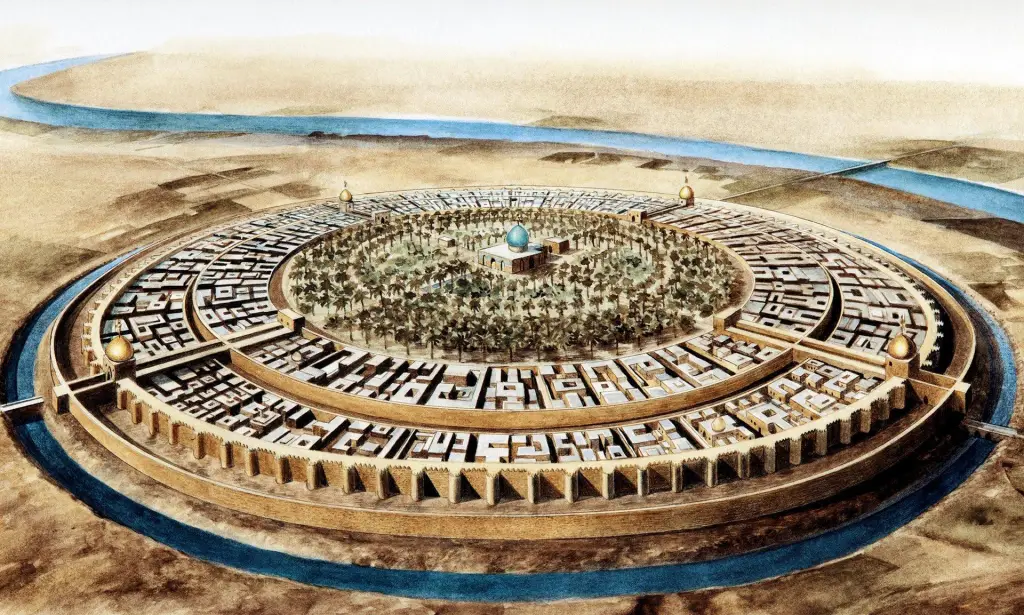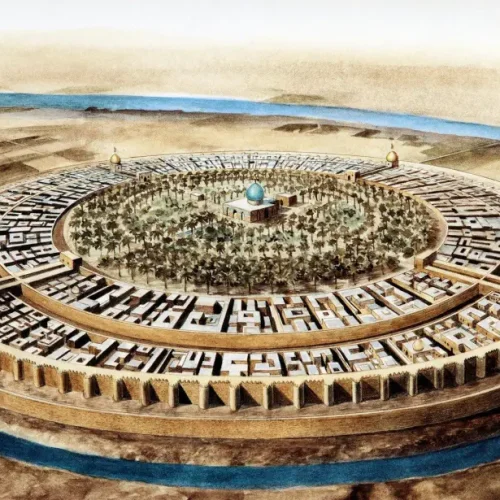Bayt al Hikma, or The House of Wisdom, was founded in the eighth century in Baghdad during the Abbasid Caliphate and enjoyed an exalted status for around 500 years. Built primarily as a library, the House became the home of ancient and modern wisdom during the Islamic Golden Age. At a time when the empire was vast, the taxes collected were rightly invested by the caliphs for the intellectual development of all of humanity.
Its main focus was on collecting and translating numerous works from the Greek literary canon, which established an enormous influence on Arab thought. Works, including those by Plato, Aristotle, Ptolemy, Hippocrates and Euclid, were requested from libraries in the West, such as the library at Constantinople, and brought back to Baghdad to translate.
The huge Islamic empire bordered a diverse set of civilisations and attracted scholars, translators, scientists, scribes, authors, men of letters, writers, copyists and others. These people used to meet every day for translation, reading, writing, scribing, discourse, dialogue and discussion. Manuscripts and books in various scientific subjects and philosophical concepts in different languages were translated there. People from all over the Islamic civilisation flocked to The House of Wisdom – both male and female of many faiths and ethnicities. Experts constantly worked to translate the old writings into Arabic to allow the scholars to understand, debate and build on them. A wide range of languages including Arabic, Farsi, Aramaic, Hebrew, Syriac, Greek and Latin was spoken and read at The House of Wisdom.
This gave Baghdad an edge over its contemporary competitors as it absorbed numerous beneficial inventions and discarding the unwanted ones, such as the replacing of parchments with paper that was brought from China. With confidence firmly rooted in revelation, the Muslims faced other civilizations, taking in that which they found valid and transforming it in the image of their own belief.
However, nothing of it was left when the Mongols ran the place to the ground. Unfortunately, Muslims were never able to regain their former glory, as is evident when Ottoman Sultan Selim I during the 16th century refused to use the printing press to print the Holy Book and announced harsh punishments for anyone who tried to use the press. This is just one such example of Muslims shying away from technological developments.
As students of science and history, we must learn from our past because we are responsible to outperform those who came before. With more knowledge comes more responsibility.
Sources
1. The House of Wisdom: Baghad’s Intellectual Powerhouse
2. The Abbasid’s House of Wisdom in Baghdad
3. The House of Wisdom: One of the Greatest Libraries in History

